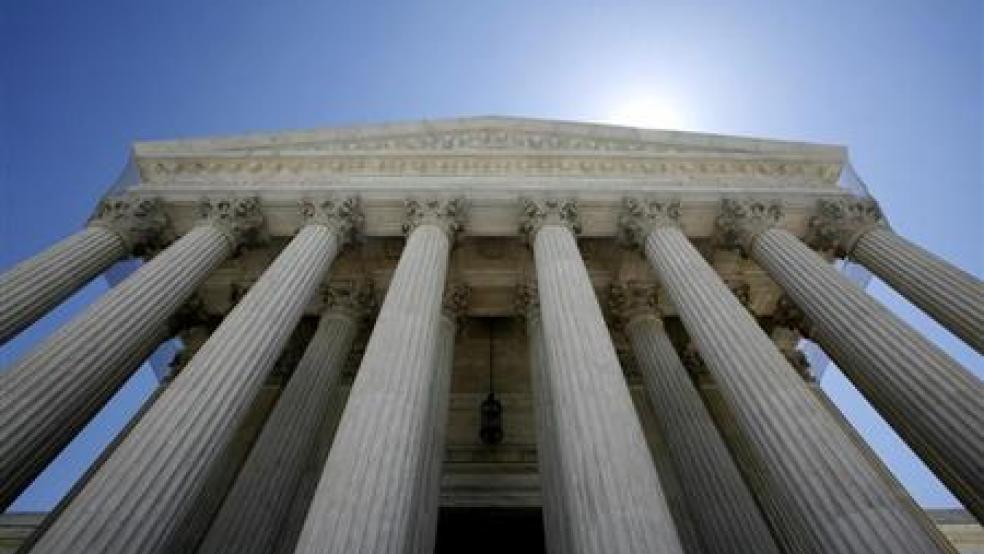U.S. District Judge Aileen Cannon on Monday threw out the federal case involving former President Trump’s allegedly improper retention of dozens of classified documents, ruling that the appointment of the special prosecutor handling the case was unconstitutional.
Cannon, who was appointed to the Southern District of Florida by then-President Trump in 2020, said the appointment of special counsel Jack Smith was unlawful, since he was neither appointed by the president nor confirmed by the Senate, violating the Constitution’s Appointments Clause.
“The Appointments Clause is a critical constitutional restriction stemming from the separation of powers, and it gives Congress a considered role in determining the propriety of vesting appointment power for inferior officers,” Cannon wrote in her decision, referring to the special counsel. “The Special Counsel’s position effectively usurps this important legislative authority, transferring it to a Head of Department, and in the process threatening the structural liberty inherent in the separation of powers.”
In addition, Cannon ruled that the special counsel violated the Appropriations Clause of the Constitution, since Congress did not properly appropriate the funds to operate the counsel’s office.
“For more than 18 months, Special Counsel Smith’s investigation and prosecution has been financed by substantial funds drawn from the Treasury without statutory authorization, and to try to rewrite history at this point seems near impossible,” Cannon wrote. “The Court has difficulty seeing how a remedy short of dismissal would cure this substantial separation-of-powers violation.”
A boost from Thomas: Cannon’s ruling comes just weeks after Justice Clarence Thomas expressed doubts about the legal status of the special counsel. In an unusual, solo concurrence to the Supreme Court decision that granted U.S. presidents substantial immunity for actions taken in office — a decision that could benefit Trump enormously in his various criminal trials — Thomas said there are “serious questions” about whether Attorney General Merrick Garland acted properly in appointing a special counsel whose office had not been established explicitly by law. Cannon quoted from Thomas’s concurrence in her ruling Monday.
Still, some legal experts say that the question about the status of special counsels has already been adjudicated, including in the case of Robert Mueller, the former FBI director who was appointed to investigate connections between Trump and Russian intelligence efforts to interfere with the 2016 election; Mueller’s appointment was challenged in court but found to be legitimate.
The special counsel’s office said it plans to appeal Cannon’s decision. “The dismissal of the case deviates from the uniform conclusion of all previous courts to have considered the issue that the Attorney General is statutorily authorized to appoint a Special Counsel," spokesperson Peter Carr said in a statement.
Budget
A Fiscal Twist as Judge Dismisses Trump’s Classified Documents Case

Reuters
